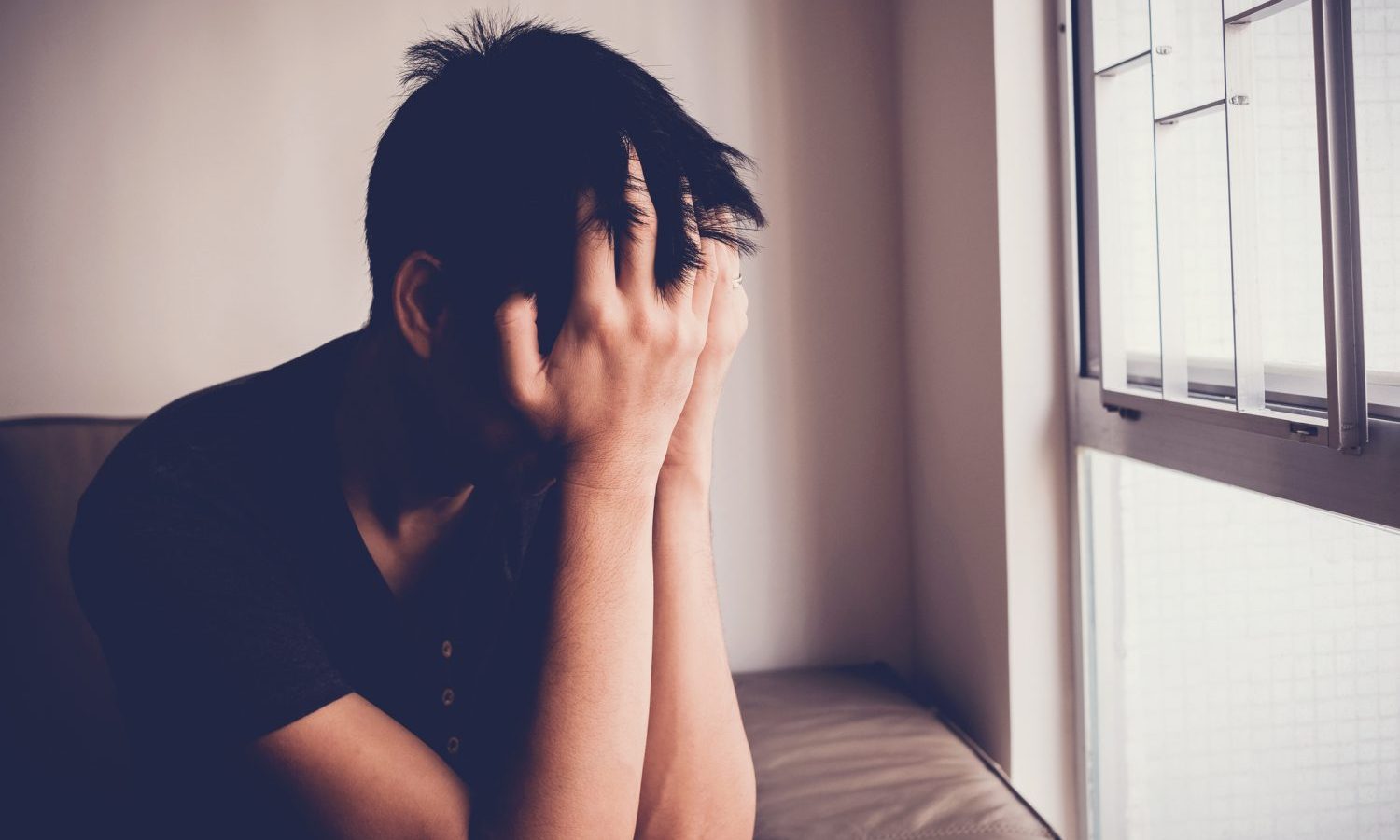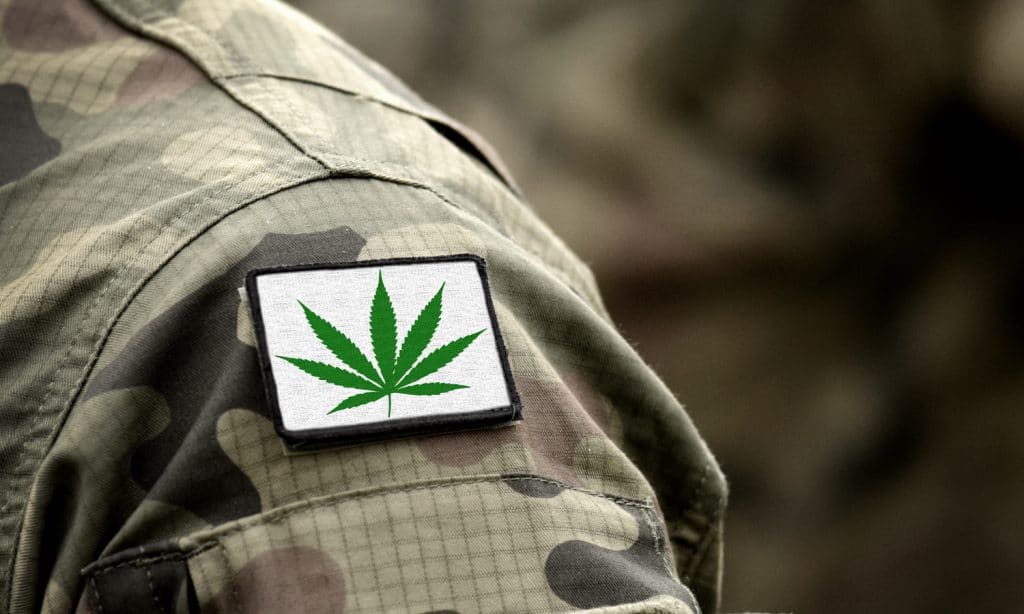
Post-traumatic stress disorder (PTSD) has proven to be one of the most challenging psychiatric disorders to treat. With over 8 million people suffering from PTSD, and 1 in every 13 people who will suffer from it at some point in their lives, this debilitating condition requires medicine that truly works so that patients’ lives can go back to normal.
When PTSD patients don’t receive the treatment they need, the symptoms can last a much longer time. The symptoms vary; they can include chronic nightmares, hypervigilance, panic attacks, overwhelming or self-destructive emotions, and in some cases these feelings can be so extreme that they lead to suicidal tendencies.

This is why psychiatrists and therapists need to turn to several treatment techniques, and in some cases they don’t work effectively. Conventional methods typically recommend cognitive behavioral therapy, exposure therapy, eye movement desensitization, antidepressant and anti-anxiety medications, or a combination of these.
Thankfully, there is mounting evidence that cannabis is extremely promising for the treatment of PTSD. One of the latest studies was conducted by Dutch researchers in the Netherlands, and their findings were shared in the Journal of Basic and Clinical Physiology and Pharmacology. For the study, they analyzed data from the last 10 years on PTSD patients who have taken a range of cannabis medicines including THC, plant extracts, synthetic cannabinoids, and/or CBD.
“Cannabinoids were shown to improve overall PTSD symptoms, including sleep quality and quantity, hyperarousal, and treatment-resistant nightmares,” write the authors. “Cannabinoids have been shown to be an effective treatment option for patients with PTSD. Besides aiding to relieve the symptoms and enhance extinction training, they are also relatively well-tolerated,” they conclude.
Another recent study, and the first FDA-regulated, double-blind and placebo-controlled study on the impact of smoked cannabis on veterans suffering from PTSD reported that those who were administered with higher doses of THC showed the most significant improvements. The study, which was also conducted by MAPS (Multidisciplinary Association for Psychedelic Studies), revealed that cannabis blends containing 9% THC were the highest, though those with 11% THC, and 8% THC with 8% CBD were also effective.
RELATED: Survey Shows 75% Of Veterans Are Interested In Cannabis
“This study served as the first randomized placebo-controlled trial comparing the therapeutic potential of varying ratios of THC and CBD for treating symptoms of PTS,” explains Dr. Marcel O. Bonn-Miller, the study’s lead author.

Dr. Bon-Miller explained that they will need to conduct larger studies which would also have to be randomized and placebo-controlled to tell what the “minimally-effective doses of THC needed to safely treat individuals suffering from PTSD while also mitigating risks of cannabis dependence in this vulnerable population” would be.
“One of the biggest takeaways from this study is that veterans with PTSD can use cannabis at self-managed doses, at least in the short term, and not experience a plethora of side effects or a worsening of symptoms,” says Mallory Loflin, the paper’s co-author, regarding a separate study involving 150 participants.
Why Does Cannabis Work So Well For PTSD?
The studies available today point to several reasons. One is that cannabis reduces amygdala activity; since the amygdala is the part of the brain that is associated with our fear-based response to perceived threats. A study conducted by Wayne State University researchers revealed that PTSD sufferers who consumed THC displayed a decrease in amygdala activity, which means that they had less measured symptoms of fear and anxiety in situations that would normally elicit trauma-based responses from them.
The authors wrote, “that THC modulates threat-related processing in trauma-exposed individuals with PTSD” as well as that cannabis “may prove advantageous as a pharmacological approach to treating stress- and trauma-related psychopathology.”
RELATED: Long-Awaited Study Shows Cannabis Not Very Effective For PTSD
The other reason scientists believe how cannabis treats PTSD suggests that the cannabinoid within the plant help eliminate traumatic memories. A study, this time from the Federal University of Parana in Brazil, reveals further insight as to how. But this technique of treating PTSD via extinguishing of bad memories was first hypothesized by R. Andrew Sewell, a Yale associate professor of psychiatry, who says that cannabis has the ability to “overwrite” these traumatic memories through “extinction learning”.
The Brazilian study analyzed cannabis literature dating 1974 through 2020, combing through data from human trials to support Sewell’s theory. They found promising results, particularly in the area suggesting that low-dose THC or THC mixed with CBD were effective in enabling the extinction rate for traumatizing memories while decreasing the anxiety response. Their findings point to THC being the most effective in extinction rates.
The authors concluded that cannabis can “suppress anxiety and aversive memory expression without producing significant adverse effects.”
“Based on the Clinician-Administered Post-Traumatic Scale for DSM-IV, study participants experienced greater than 75% reduction in CAPS symptom scores when patients were using cannabis compared to when they were not,” states the findings of a study taking place from 2009 to 2011 involving the psychiatric assessment of 80 patients who applied for New Mexico’s marijuana program for PTSD.
Evidence Only Continues To Grow
Because of all the incredible therapeutic benefits of cannabis for PTSD, more are turning to it as an alternative medication. This is amazing news for everyone who has PTSD, whether you’re a veteran or not.
We can expect only more studies that prove just how beneficial cannabis is for PTSD. This is a terrible disease that robs people of quality of life, but the answer lies in the humble plant that does so much: it promotes good sleep, reduces the recurrence of traumatic memories, promotes wellbeing both mentally and physically, and finally, allowing patients to regain control of their lives once again.
This article originally appeared on Cannabis.net and has been reposted with permission.



